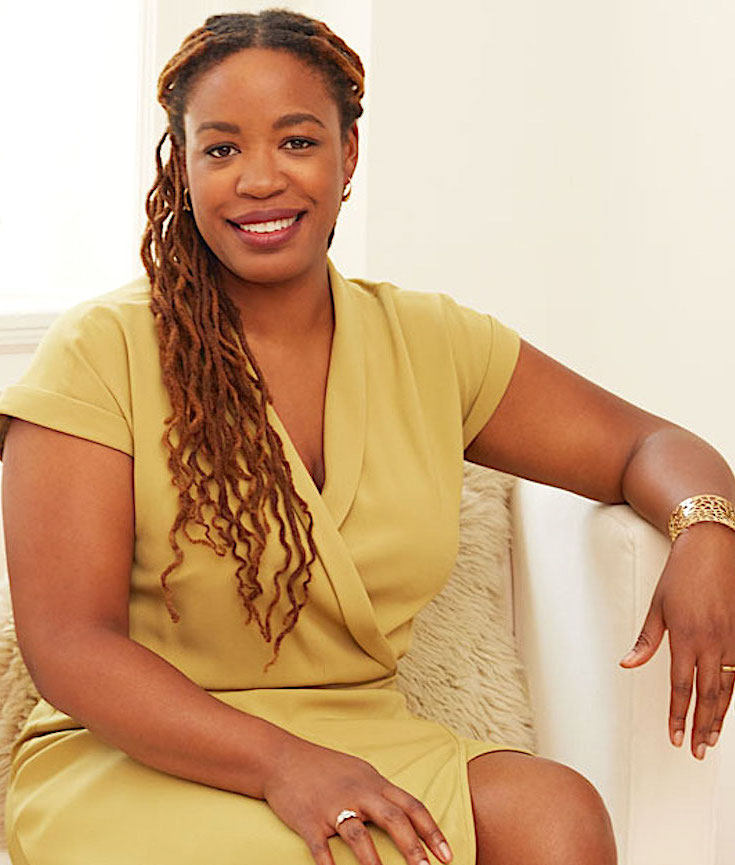[dropcap]Given[/dropcap] he confessed that he feared black people and wondered how he might change his mindset. The guest, Heather McGhee, the president of Demos, a progressive public policy organization that advocates for equality, listened thoughtfully, nodding slowly. When he finished, she thanked him and then spoke to him empathetically about what he might begin to do to get over those fears, including getting to know black people on a personal level.
Over the next year, he would make at least one close African American friend: McGhee herself.
On Friday morning, near the end of a Washington Journal conversation about NFL player Colin Kaepernick kneeling during the national anthem last year, Garry Civitello called back into C-SPAN to share how that brief televised exchange with McGhee — which went viral last summer after The Washington Post wrote about it — had changed him.
[mc4wp_form id=”6042″]

HISTORICALLY BLACK COLLEGES & UNIVERSITIES | HBCU
Historically black colleges and universities (HBCUs) are institutions of higher education in the United States that were established before 1964 with the intention of primarily serving the African American community. They have always allowed admission to students of all races. Most were created in the aftermath of the American Civil War and are in the former slave states, although a few notable exceptions exist.
There are 107 HBCUs in the United States, including public and private institutions, community and four-year institutions, medical and law schools.
Most HBCUs were established after the American Civil War, often with the assistance of northern United States religious missionary organizations. However, Cheyney University of Pennsylvania (1837) and Lincoln University (Pennsylvania) (1854), were established for blacks before the American Civil War. In 1856 the AME Church of Ohio collaborated with the Methodist Episcopal Church, a predominantly white denomination, in sponsoring the third college Wilberforce University in Ohio. Established in 1865, Shaw University was the first HBCU in the South to be established after the American Civil War.
The Higher Education Act of 1965, as amended, defines a “part B institution” as: “…any historically black college or university that was established before 1964, whose principal mission was, and is, the education of black Americans, and that is accredited by a nationally recognized accrediting agency or association determined by the Secretary [of Education] to be a reliable authority as to the quality of training offered or is, according to such an agency or association, making reasonable progress toward accreditation.”Part B of the 1965 Act provides for direct federal aid to Part B institutions.
In 1862, the Federal government’s Morrill Act provided for land grant colleges in each state. Some educational institutions in the North or West were open to blacks before the Civil War. But 17 states, mostly in the South, had segregated systems and generally excluded black students from their land grant colleges. In response, Congress passed the second Morrill Act of 1890, also known as the Agricultural College Act of 1890, requiring states to establish a separate land grant college for blacks if blacks were being excluded from the existing land grant college. Many of the HBCUs were founded by states to satisfy the Second Morrill Act. These land grant schools continue to receive annual federal funding for their research, extension and outreach activities. The Higher Education Act of 1965 established a program for direct federal grants to HBCUs, including federal matching of private endowment contributions. (Wikipedia).


You must be logged in to post a comment.